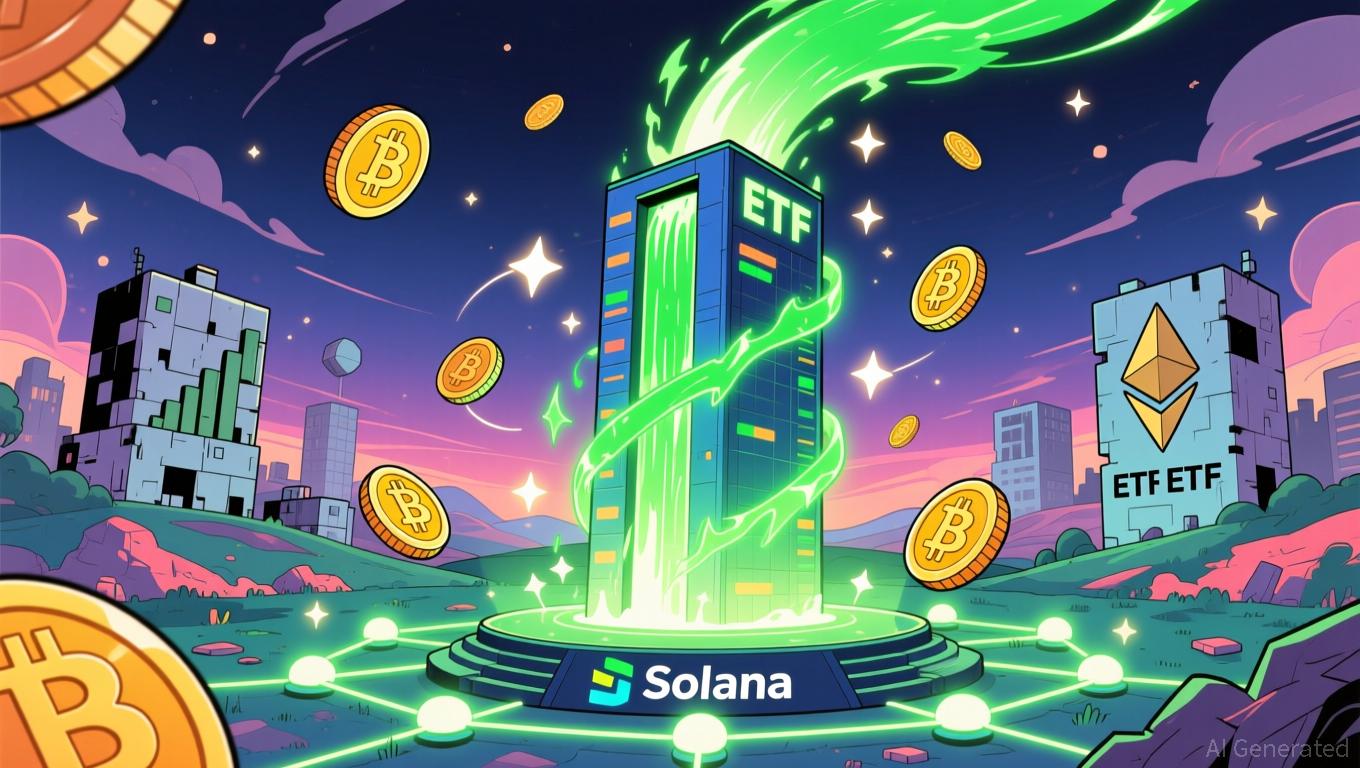Kalshi secures $1B in fresh funding as valuation jumps to $11B
Kalshi has raised another $1 billion, lifting the prediction-market platform to an $11 billion valuation.
- Kalshi raised $1 billion, lifting its valuation to $11 billion.
- The company is growing fast with new data, custody, and product partnerships.
- It faces fresh state-level legal pressure even after winning federal approval.
The raise comes less than two months after the startup secured $300 million at a $5 billion valuation, marking one of the fastest valuation jumps in the sector this year.
Details of the latest finding round were shared on a Nov. 20 TechCrunch report , citing a person familiar with the deal.
A rapid-fire funding streak
The new round is led by returning backers Sequoia and CapitalG, the same investors who anchored Kalshi’s previous raise. Other long-time supporters include Andreessen Horowitz, Paradigm, Anthos Capital, and Neo. None of the firms commented on the new raise.
The timing places Kalshi in the middle of a growing rivalry with Polymarket, which has reportedly been exploring a new raise at a valuation between $12 billion and $15 billion, only weeks after securing $1 billion at an $8 billion pre-money valuation.
Both platforms have seen a rapid rise in activity this year, helped by markets tied to political outcomes, especially the U.S. presidential election. Their public visibility increased even more after correctly predicting the result of New York City’s recent mayoral race.
A fast-growing market with legal hurdles
Kalshi now serves users in more than 140 countries, offering markets on everything from Time’s 2025 Person of the Year to film ratings and long-term political outcomes. In October, the company reached $50 billion in annualized trading volume, a huge jump from the roughly $300 million handled last year.
Kalshi won a major case against the Commodity Futures Trading Commission last year, allowing Americans to trade on its platform. However, it remains in disputes with several state regulators who claim its markets amount to illegal gambling.
One of the most pressing challenges is in Massachusetts, where the Attorney General has asked a court to block Kalshi’s sports markets. Kalshi says that such an order could force the liquidation of $650 million in open positions, disrupting the entire exchange while the case moves forward.
Polymarket, meanwhile, has been barred from serving U.S. users since 2022 following a settlement with the CFTC, though it reentered the regulatory process by acquiring a derivatives exchange and a clearinghouse.
Kalshi’s expanding institutional partnerships
The company has also made several moves in November to expand its reach. Kalshi has begun integrating its prediction data directly into Barchart’s platforms, which serve millions of retail investors and a wide range of institutions.
It has also introduced new markets tied to sneaker and collectible prices through a partnership with StockX, turning highly watched product releases into tradable events.
And earlier in the month, Kalshi shifted all USD Coin ( USDC ) custody and payouts to Coinbase’s institutional system, strengthening security and compliance for its users.
Kalshi’s latest raise suggests that investors see the sector moving rapidly toward mainstream adoption, even as regulators continue to debate where these platforms fit within existing laws.
Disclaimer: The content of this article solely reflects the author's opinion and does not represent the platform in any capacity. This article is not intended to serve as a reference for making investment decisions.
You may also like
Solana News Today: The Rise of Stablecoins Indicates Investors Are Favoring Stability Instead of Riskier Protocols
- USDC stablecoin surpassed Solana (SOL) in market cap, signaling a shift toward stablecoins over volatile protocols. - Solana Company reported $352.8M Q3 2025 net loss, driven by derivative liabilities and unrealized treasury losses. - USDC's growth stems from institutional partnerships, including Parfin and Orobit.ai, aligning with pro-crypto regulatory trends. - Coinbase's ETH-backed USDC loans and infrastructure expansion highlight stablecoin utility in bridging traditional and crypto finance. - Market

Solana News Today: Staking Drives Altcoin ETF Boom as Investors Look for Returns Outside of Bitcoin
- Solana ETFs attract $476M inflows since October 28, driven by staking rewards and lower fees compared to Bitcoin/Ethereum ETFs. - Bitwise's BSOL dominates with 89% of inflows, leveraging 0.20% fees and on-chain staking to generate returns for investors. - Despite ETF growth, Solana's price remains below key EMAs at $141, with analysts warning of potential support tests below $120. - Bitcoin/Ethereum ETFs face outflows as investors shift toward yield-generating altcoin products, signaling market strategy

Zcash Halving Scheduled for November 2025: How Supply Disruptions Are Influencing Institutional Crypto Investment Strategies
- Zcash's 2025 halving reduced block rewards by 50%, intensifying deflationary pressure and triggering a 750% price surge to $680. - Institutional investors like Cypherpunk and Grayscale allocated $287M to Zcash, citing its 3.5% inflation rate and privacy-focused proof-of-stake model. - Regulatory scrutiny labeled Zcash an "anonymity-enhancing asset," but optional privacy features and AI compliance tools help institutions navigate risks. - Market volatility and competition from newer privacy protocols pose
Zcash (ZEC) Price Rally: Is the Privacy-Focused Cryptocurrency Poised to Enter the Mainstream?
- Zcash (ZEC) surged 472% to $420, driven by institutional investments and regulatory clarity in 2025. - Grayscale and Cypherpunk Technologies allocated $137M and $150M to ZEC, citing its compliance-ready privacy model. - U.S. Clarity/Genius Acts enabled Zcash's selective transparency, bridging privacy with AML requirements for institutional adoption. - Regulatory risks like FinCEN's "mixer rule" and developer scrutiny persist, testing Zcash's balance between privacy and compliance. - Zcash's institutional
